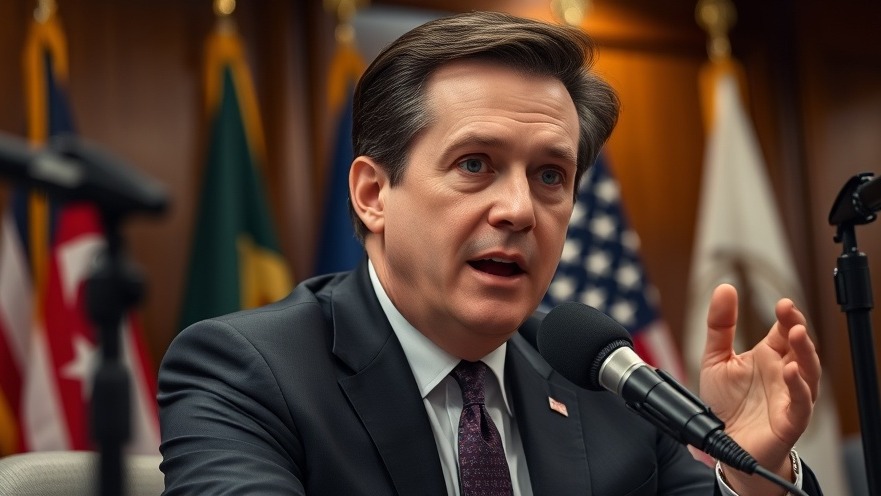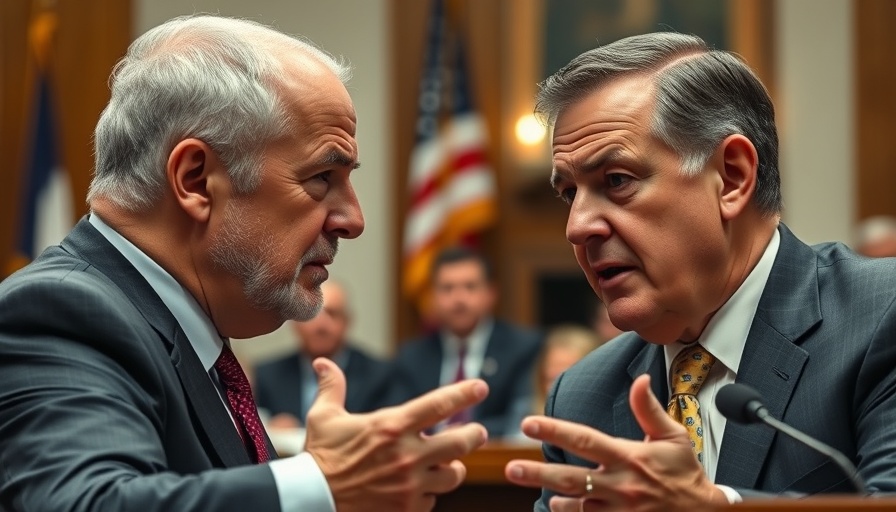
Senator Hawley's Controversial Claims on Judicial Authority
In a recent appearance on The Charlie Kirk Show, Senator Josh Hawley (R-MO) made headlines by claiming that only the Supreme Court has the authority to impose national injunctions, challenging the traditional role of district courts. This assertion has fueled a contentious debate about the balance of judicial power in federal cases, particularly those involving executive actions.
Historical Context of Judicial Power
The claim raised by Hawley touches on a significant aspect of American constitutional law. Historically, district courts have indeed issued nationwide injunctions against executive actions, with the rationale that such measures are necessary to protect individual rights under the Constitution. As articulated in Article III of the U.S. Constitution, these courts are essential in adjudicating cases at the level where citizens interact most closely with governmental entities.
The Weight of National Injunctions
Nationwide injunctions, often sought by lower courts against federal actions, have become a critical tool for civil rights attorneys and other advocates fighting against perceived injustices. They effectively halt the enforcement of federal policies that may infringe on rights long upheld in various legal precedents. However, the increasing frequency of these injunctions, which Hawley labeled as a "dramatic abuse of judicial authority," raises questions about the implications for the principle of separation of powers.
Implications of Hawley’s Proposal
Hawley’s intention to introduce legislation to curb the power of district court judges could significantly alter the landscape of judicial intervention. If passed, such legislation may restrict local judges' abilities to challenge federal actions or set national precedents. This potential shift aligns with current trends where legislative bodies are increasingly encroaching on judicial functions, launching a complex dialogue about the role of courts in safeguarding against possible executive overreach.
Counterarguments from Legal Experts
Legal scholars argue that the role of district courts is to act as a check against potential abuses of power by the executive branch. Restricting their ability to issue nationwide injunctions could limit access to justice for individuals disproportionately affected by sweeping executive policies. Many contend that a balanced judiciary is crucial for the protection of civil liberties, especially in an era marked by contentious politics and polarized opinions.
Future Predictions on Judicial Dynamics
As Hawley’s proposed legislation moves forward, it is likely to face staunch opposition from various factions, including legal experts, civil rights groups, and even some lawmakers. The ongoing discussion surrounding the balance of power in U.S. courts is expected to intensify, particularly as the Supreme Court prepares to address several high-profile cases that may redefine the boundaries of executive authority and judicial oversight.
Call to Action: Engage in the Debate
As civil rights and immigration attorneys, it is essential to engage with these unfolding discussions. Understanding the legal ramifications of proposed changes in judicial authority can inform your practice and advocacy. Consider reaching out to colleagues and participating in forums or discussions focused on the implications of these developments for your clients.
 Add Row
Add Row  Add
Add 

 Add Row
Add Row  Add Element
Add Element 




Write A Comment